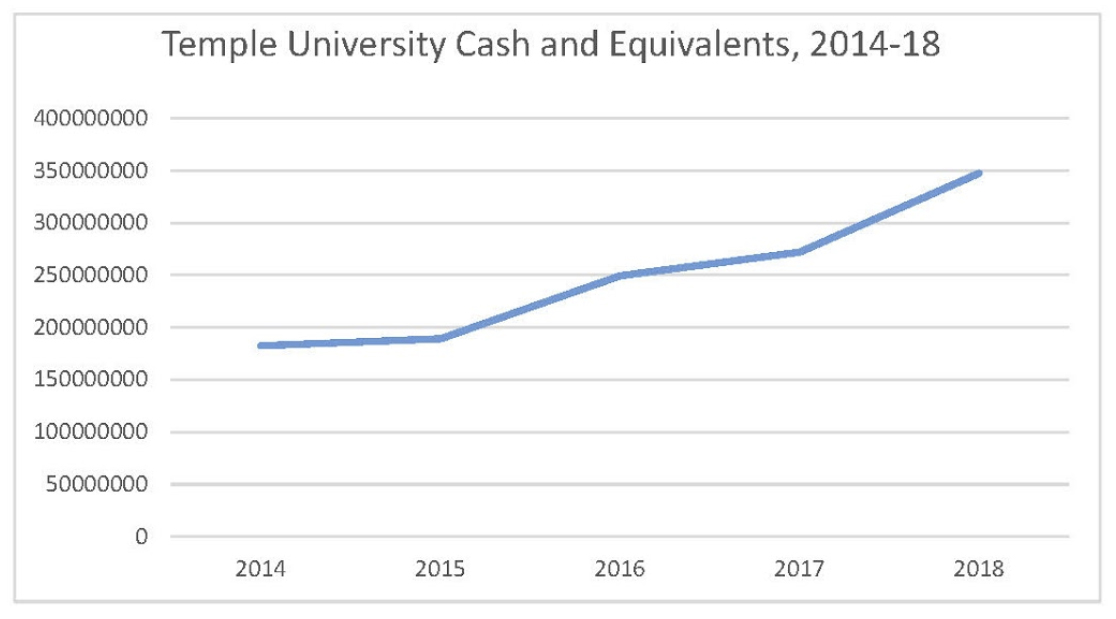On Tuesday, October 22nd and Thursday, October 24th, the union and the administration met and made progress on several issues:
- Language was crafted that both sides could agree to on the contract language covering discrimination grievances, and a tentative agreement has been signed on the issue, preserving our members’ rights.
- Both sides have also been able to work out issues in regard to the AP merit process, and a TA has been signed.
- Retrenchment: A tentative agreement has been signed to acknowledge the specific place of full-time non-tenure track faculty should the university declare a financial emergency and seek to layoff faculty.
- The Adjunct Office Space Committee, which convened as a labor-management committee following the ratification of the first adjunct contract, will continue with a focus on office space issues for all CBU members.A tentative agreement has been signed.
Additional Progress: Adjunct Proposals
The Adjunct Appointment, Evaluation and Job Security proposal moved forward significantly on Thursday. After multiple shifts in language from the union, on Thursday, the administration modified a number of its positions, putting us very close to an agreement that will advance the professional standing of adjuncts. It will increase support for their teaching from within their departments, and offer a path to increase job stability through the ability to request an evaluation for the purposes of promotions, raises and/or multi-semester appointments. There are a few final details to work through before both sides can come to agreement, but many of the largest obstacles have been overcome.
Major Issues Remain: Healthcare, Wages, Family-Friendly Policies, NTT Job Stability, Compensation.
The administration has made it clear that their key priority is increasing healthcare costs. They have proposed significant increases to the percentage of premiums all full time members would pay, with families bearing a considerable burden, with increases in premiums of over $1000 a year. While the administration has proposed a new tier for those with only one dependent that would cut premiums for some members, the new deductibles they have proposed would eat significantly into these savings–in network, $250 for individuals and $500 for plus-one and families, double that out of network. They have also proposed doubling the co-pay for specialists to $40.
TAUP will be pushing back against these punishing proposals while pushing for more family-friendly policies:
- Support for childcare
- Tuition benefits at other schools
- Parental leave for librarians and Academic Professionals
- Healthcare benefits that support families rather than punishing them
To help TAUP fight the administration’s anti-family proposal. Email Jenna at jsiegelaft@gmail.com.
Compensation
TAUP has made significant moves in our compensation proposals, the administration’s proposals on wages remain below projected inflation, and they have not yet moved on other key proposals, among them NTT job security, NTT pension parity, course releases for exceptional service, and others.
NTT Job Stability
The administration is still not willing to take the most important step in helping to insure that NTTs who have taught for 3 years will have a degree of job stability. Our proposal, which would trigger 3 year or longer renewals or explanations for non-renewal, will cost the university nothing. It follows what is already the general practice at many schools and colleges at Temple. The university should take the final step in giving NTTs some contractual guarantees for their commitment and hard work.
Next Steps
Join us in fighting for these proposals and the values they represent at the table.
Have you attended open bargaining? Come on Nov. 6th or Nov. 12th to show your support for these issues. RSVP
Have you signed the petition urging the Board to agree to a Fair Contract?
If you want to know who is circulating the petition in your school/department, or if you’d like to circulate a petition to you colleagues, contact Jenna at jsiegelaft@gmail.com
We know the administration can afford our proposals. It’s time for them to say “yes.”


 It is unclear to what degree this money was amassed from one-time or recurrent expenses, and we believe the administration should offer an explanation for the source of these funds. However, since 63% of Temple’s revenue aside from patient care comes from tuition and fees (and patient care in FY 2018 cost slightly over $100 million than it brought in), we would not be surprised if much of it came from this recurrent source.
It is unclear to what degree this money was amassed from one-time or recurrent expenses, and we believe the administration should offer an explanation for the source of these funds. However, since 63% of Temple’s revenue aside from patient care comes from tuition and fees (and patient care in FY 2018 cost slightly over $100 million than it brought in), we would not be surprised if much of it came from this recurrent source.